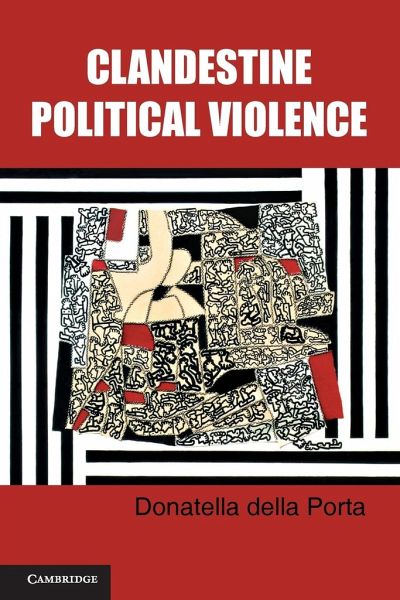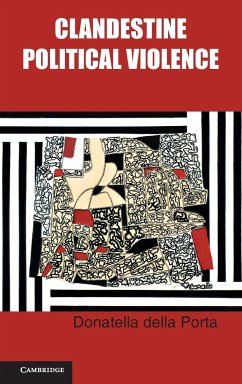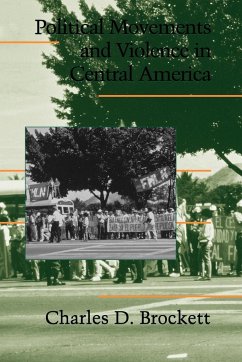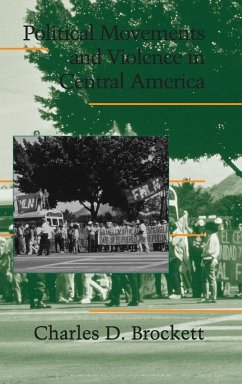
Clandestine Political Violence
Versandkostenfrei!
Versandfertig in 1-2 Wochen
38,99 €
inkl. MwSt.
Weitere Ausgaben:

PAYBACK Punkte
19 °P sammeln!
Clandestine Political Violence compares four types of clandestine political violence: left-wing (in Italy and Germany), right-wing (in Italy), ethnonationalist (in Spain) and religious fundamentalist (in Islamist clandestine organizations). Oriented toward theory building, Della Porta develops her own definition of clandestine political violence. Building on the most recent developments in social movement studies, Della Porta proposes an original interpretative model. Using a unique research design, she singles out some common causal mechanisms at the onset, during the persistence and at the d...
Clandestine Political Violence compares four types of clandestine political violence: left-wing (in Italy and Germany), right-wing (in Italy), ethnonationalist (in Spain) and religious fundamentalist (in Islamist clandestine organizations). Oriented toward theory building, Della Porta develops her own definition of clandestine political violence. Building on the most recent developments in social movement studies, Della Porta proposes an original interpretative model. Using a unique research design, she singles out some common causal mechanisms at the onset, during the persistence and at the demise of clandestine political violence. The development of the phenomenon is located within the interactions among social movements, countermovements and the state. She pays particular attention to the ways different actors cognitively construct the reality they act upon. Based on original empirical research as well as existing research in many languages, this book is rich in empirical evidence on some of the most crucial cases of clandestine political violence.














